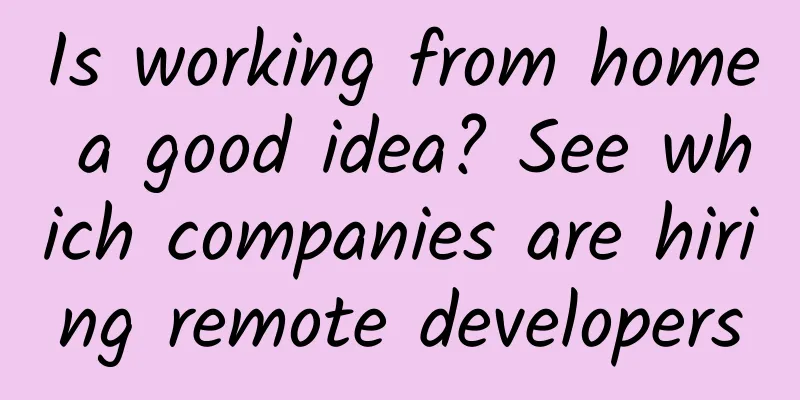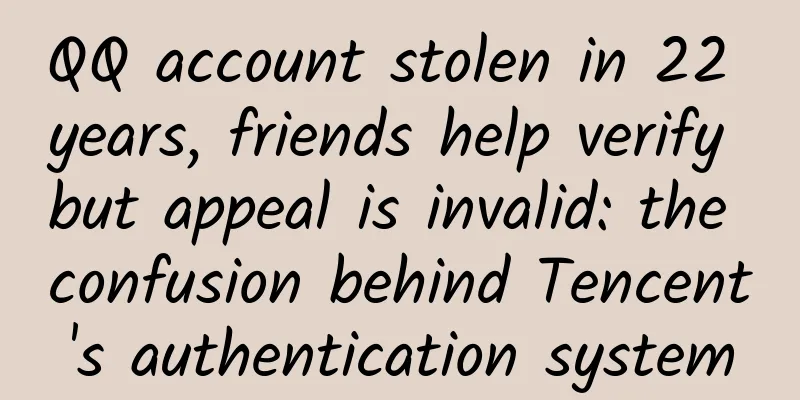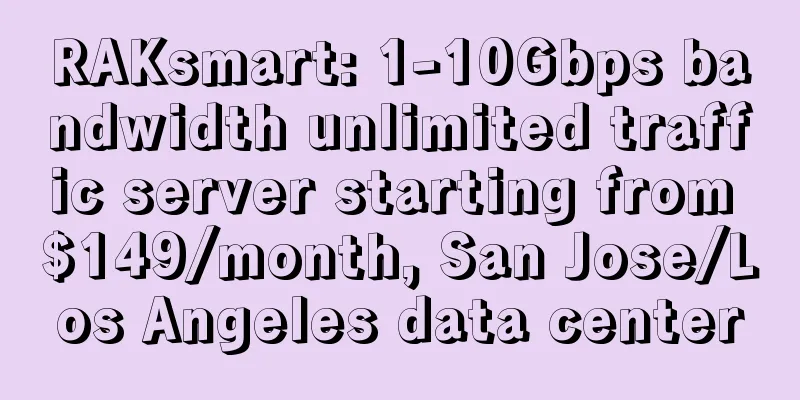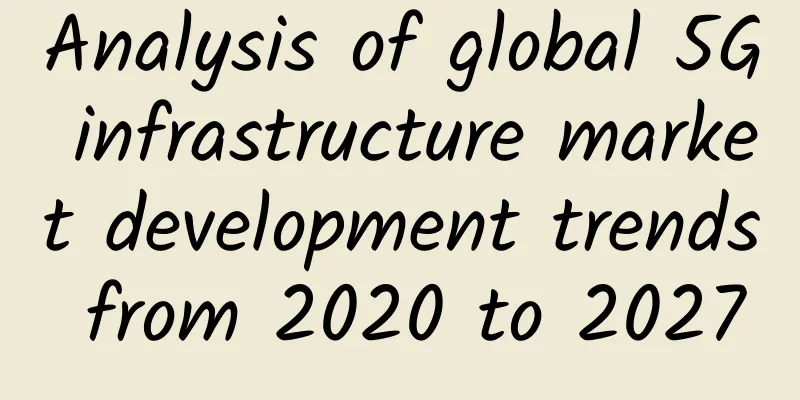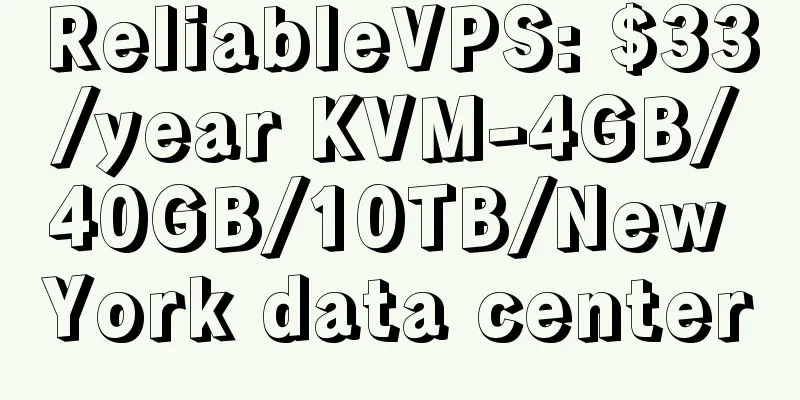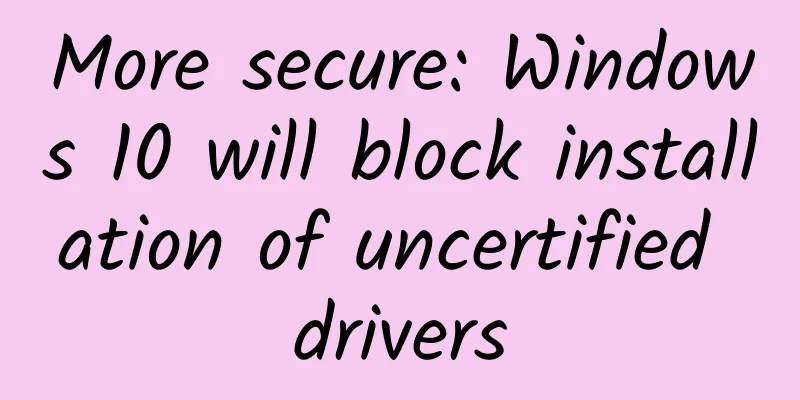With the three major operators working together to promote 5G messaging, how far is it from success?
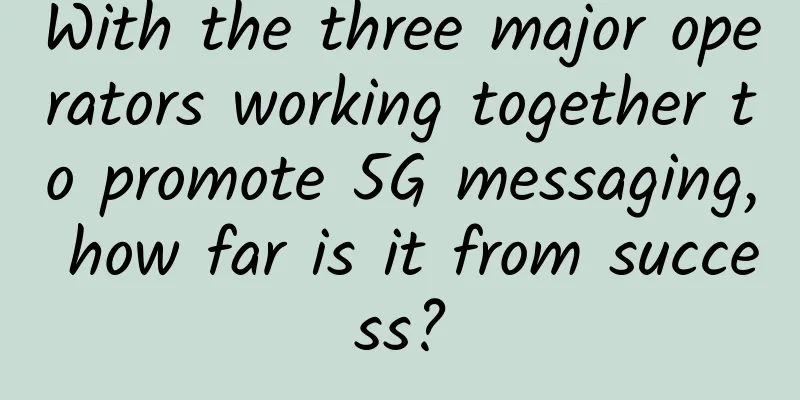
|
On April 8, China Mobile, China Telecom, and China Unicom jointly held an online press conference and jointly released the "5G Message White Paper" (hereinafter referred to as the "White Paper"). The "White Paper" explains the core concept of 5G messages, clarifies the relevant business functions and technical requirements, and puts forward several ideas for the construction of the 5G message ecosystem. The release of the "White Paper" fully reflects the determination of operators to work together to revitalize the SMS business in the 5G era, and announces that the 5G message business will open a new chapter.
The three major operators jointly promote 5G messaging services At the "White Paper" release conference on April 8, senior executives from the three major operators attended and delivered speeches, respectively elaborating on each operator's positioning and understanding of the 5G messaging service and its future layout for the business. Wang Guoquan, deputy general manager of China Telecom, said that China Telecom will strengthen cooperation with all parties in the industry chain, unify technical interfaces, terminal display methods, and business specifications, realize network and platform interconnection, and jointly create a high-value message ecosystem with network interconnection, business interconnection, terminal sharing, and consistent experience. China Telecom will accelerate the development of 2C and 2B application innovations, provide multimedia message interaction for individual users, make communication smarter, more efficient, and more colorful; provide new digital interactive services based on rich media for corporate customers, explore more business application scenarios, and make greater contributions to promoting the digital transformation of enterprises. Dong Xin, deputy general manager of China Mobile, believes that 5G messaging is the common choice of global operators. Based on the unified GSMA RCS standard, it will bring customers new experiences such as multimedia messaging, business messaging, intelligent messaging, interactive services, and security and anti-counterfeiting. China Mobile will work with the industry to accelerate the development of 5G messaging, enrich 5G application scenarios, continuously meet the people's needs for a smart and beautiful life, help thousands of industries transform into digitalization, networking, and intelligence, and strive to create greater comprehensive benefits and social value for 5G. Fan Yunjun, deputy general manager of China Unicom, pointed out that 5G messaging is an important part of the 5G ecosystem and digital economy, carrying the important mission of transforming and upgrading traditional SMS services, and also contains an important opportunity for the evolution and iteration of information service models. Through this release, we hope that all parties in the industry chain can work together to build a 5G messaging ecosystem, upgrade the messaging service experience of mobile phone users, and boost the industry application value of information services. The reporter learned that by the end of February this year, the number of 5G base stations built and put into operation in my country reached 164,000. The Ministry of Industry and Information Technology will continue to accelerate the progress of 5G network construction. It is expected that the number of 5G base stations nationwide will exceed 600,000 by the end of the year, achieving continuous outdoor coverage in prefecture-level cities, focused coverage in county towns and townships, and indoor coverage in key scenarios. Good network coverage will lay a solid foundation for the development and further promotion of 5G messages. Upgrade of SMS under 5G What is 5G message? How is 5G message different from the traditional message we are familiar with? Here we must first introduce a concept, namely RCS (Rich Communication Suite, converged communication, also known as rich media messaging). RCS was first proposed by the Global System for Mobile Communications Association (GSMA) in 2008. RCS is compatible with traditional SMS and MMS functions, and sends text, pictures, voice clips, video clips, location information and other information through SMS applications. The three major domestic operators jointly released the "White Paper", which indicates the interconnection between operators, breaking down the barriers of RCS services and accelerating the development of the RCS industry. In the view of Ma Jihua, a senior telecom analyst, "In the 5G era, relying on the integration of diversified terminals and the Internet of Things and mobile Internet, the value of SMS will be further enhanced, which once again verifies the truth that 'the simpler, the more practical it is'. No one thought that SMS could be revived and usher in a second spring in the 5G era. In the future, SMS may gradually transition from smart SMS to RCS rich media messages." RCS has the potential to subvert the traditional APP distribution model and is expected to become a strategic entry point for massive lightweight applications that can be sent and used immediately. Since RCS integrates various functional interfaces in the SMS interface, along with the high-speed and low-latency characteristics of 5G, mobile SMS can achieve things that originally required APP to do. Traditional APPs need to be downloaded and take up mobile phone storage space. To a certain extent, the advantage of RCS's instant use has the ability to replace most lightweight APPs, making the SMS platform a strategic entry point for application distribution. Therefore, RCS can cover a wide range of markets such as chat customer service, online shopping, short video marketing, and precise interaction. The 5G messaging service, which relies on artificial intelligence, cloud computing, and big data, can provide users with efficient and intelligent services in line with the times, meeting users' rich information communication needs and diversified service needs. Therefore, we can understand that the 5G messaging service is a new upgrade of the short message service in the 5G era. Depending on the interaction method, 5G messaging can be roughly divided into two categories: information interaction between individual users and information interaction between governments, enterprises and individual users. For individual users, 5G messages will break the length limit of each message of traditional SMS. The content will also break the limitations of text and realize the effective integration of text, pictures, audio, video, location and other information. For governments and enterprises, 5G messages will provide an information interaction interface between them and individual users. Governments and enterprises can output personalized services and information to users through rich media such as text, voice, and tabs. 5G messages will continue the features of traditional SMS, such as no registration and login, no application installation, etc., to further realize the convenience and efficiency of information exchange. At the same time, in terms of security, 5G messages support encrypted transmission and graphic passwords to ensure user privacy. At present, GSMA has planned to include 5G messages in the mandatory functions of 5G terminals to promote the development of 5G terminals. Fu Liang, an independent IT and telecommunications analyst, said: "This time the three major operators have chosen to jointly release 5G messages. Operators and third parties can use this SMS platform to extend services and promote their businesses. It is easier said than done if the business model is to be recognized by users and achieve a good user experience. Whether it is operators, content service providers or platform service providers, it will take some time to polish it." Can 5G messaging fulfill operators' Internet dreams? The three major operators jointly released the "White Paper" to call on industry partners to work together to fully launch 5G messaging services for users as soon as possible. An industry insider said: "In terms of functionality, 5G messaging is comparable to mainstream mobile apps such as WeChat. In the future, with strong promotion efforts, 5G messaging may replace a large number of existing mobile apps. The three major operators that dominate 5G messaging may become powerful competitors of Internet giants such as Tencent and Alibaba." There is no 5G killer application in the current market, so the prospect of 5G messaging is highly anticipated by all parties. For operators, 5G messaging is undoubtedly a heavy punch to the market with 5G. In the eyes of reporters, the prospect of 5G messaging has both opportunities and challenges. SMS, as the traditional main business of operators, has a huge user base, which is an important prerequisite for the development of emerging businesses. Operators have unique advantages in this regard. In the 5G era, RCS gives SMS greater imagination space. For ordinary users, there is no need to download the client, and 5G messages can be received at the native message entrance of the terminal. From this point of view, operators save the time and money costs of cultivating the new user market again. At present, some mobile phone APPs are not lightweight enough. WeChat has developed small programs to try to solve this problem for users, but this market has not been completely occupied. Operators use 5G messages as an opportunity to enter the market at this time, and they may not have no chance to fight. At the same time, we must also admit that there is still great uncertainty as to whether operators’ attempts to “divide” the original market map of Internet companies with 5G messages will succeed. Various APPs already have a certain user stickiness and data accumulation, and powerful algorithms can provide users with more personalized services. An industry insider pointed out: “From the current perspective, Internet companies have formed their own ecology and have occupied a very important position in the digital economy. Therefore, operators must promote cooperation and development with market awareness, and gradually improve their own ecology while finding their own positioning, so that they can rely on 5G messages to develop the market.” The reporter learned that 5G messaging is expected to be officially commercialized in June this year. Therefore, 5G messaging may become the fastest 5G application to be implemented by operators. However, it will take time to verify whether 5G messaging can become a 5G killer application for operators facing transformation pressure. |
<<: Operators must solve ten problems before they have a chance to defeat WeChat
>>: Several Misunderstandings about New Infrastructure
Recommend
The next step for the intelligent interconnection of all things: real-time interaction may become the water and air of the metaverse
On October 22-23, the RTE2021 Real-time Internet ...
The era of ubiquitous smart devices and edge computing is coming
Edge computing is on the rise. Are you ready for ...
Five IoT trends that we need to pay attention to in 2018!
The Internet of Things has become a globally reco...
Consumer finance practitioners tell the story: Black industry fraud is becoming more high-tech
[[188974]] Chinese consumer finance practitioners...
Cloud services are becoming the dominant force in enterprise network traffic
Cloud services are accounting for an increasing p...
Global Power over Ethernet Lighting Solutions
The world of smart buildings is undergoing a majo...
Perhaps it is easier to understand HTTPS this way
We won’t talk about HTTP and HTTPS first. Let’s s...
Which collaboration metrics determine the business value of an application?
The criteria for evaluating the business value of...
It is estimated that 5G will directly drive economic output of 1.45 trillion yuan in 2022
On January 8, 2023, China Academy of Information ...
The dangers and opportunities of 5G construction in my country under the influence of the epidemic
2020 is the starting point for the outbreak of th...
TTCLOUD: San Jose high-defense server $59/month, dual E5-2620v2/16GB/500G SSD/100M unlimited traffic
TTCLOUD is a relatively new foreign hosting sales...
Tencent Cloud Lighthouse Care, help you get up to 200 yuan in coupons
Tencent Cloud recently launched a lightweight wor...
Common methods of data transmission and data call
With the Internet and the Internet of Things high...
1Gbps unlimited traffic server $59/month-E3-1270V2/16G memory/500G SSD/Los Angeles data center
Many friends are sensitive to traffic and feel th...
Six key trends in network management
We live in an era of rapid development of IT tech...

